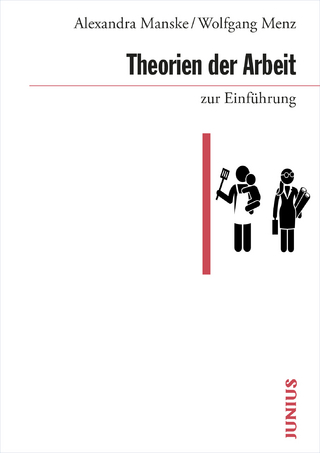
A Dignified Ending
Rowman & Littlefield (Verlag)
978-1-5381-1574-9 (ISBN)
Each year, more than one million people and their loved-ones arrive at a decision to cease attempts at curative medical treatments and shift to hospice care, while one-in-five Americans now live in in geographical regions that have established lawful protocols allowing medical aid in dying—also known as assisted suicide. In this powerful new work, Lew Cohen, a psychiatrist and palliative medicine researcher, reveals a self-determination movement that empowers people to shape the timing and circumstances of their deaths, decriminalizes laws threatening those who help them, and passes assisted dying legislature.
He offers a vivid tapestry woven from the candid, inspirational, and graphic stories of individuals who sought to choreograph how they would die. There is nothing simple about these decisions, and A Dignified Ending tackles the intricacies of timing, the presence of dementia and other dire but not terminal conditions, the legal risks, as well as the mixed reactions of the disability community. Cohen illuminates the evolution of right-to-die organizations in the United States, and the impact of activists like Jack Kevorkian, Derek Humphrey, Faye Girsh, Cody Curtis, and Brittany Maynard.
The decision to conclude one’s life with a planned death is an emotionally polarizing subject. Nonetheless, the public increasingly wants to control how they die. This requires that people formulate their end-of-life preferences and not wait until the last moment to communicate these with physicians and families. A Dignified Ending conveys truthful and nuanced accounts of men and women who chose to die, and stories of the activists—proponents and opponents— who promote this growing right-to-die movement.
Lew Cohen MD, is the recipient of a Guggenheim Fellowship for Medicine and Health (2008), two Rockefeller Foundation Bellagio Residency awards (2008, 2015), and a Bogliasco Fellowship for the Arts and Humanity (2014), as well as the highest honors given by the Academy of Psychosomatic Medicine and the Massachusetts Psychiatric Society. He has been a contributor to the Atlantic, Slate, and Huffington Post and is the author of a nonfiction book, No Good Deed: A Story of Medicine, Murder Accusations, and the Debate Over How We Die (2010). Lew is a psychiatrist at Baystate Medical Center where he is a Professor of Psychiatry at the University of Massachusetts Medical School-Baystate and an Adjunct Clinical Professor at Tufts University School of Medicine. He is an active palliative medicine researcher with over 100 academic publications relating to the integration of bioethics, nephrology, and psychiatry.
Part I.
Foreword
Chapter 1. The Admiral and His Wife
Chapter 2. The Geriatric Romeo and Juliet
Chapter 3. It’s Not Like She’s Suffering
Chapter 4. Sigmund Freud’s Cancer
Chapter 5.You Don’t Want Custer
Chapter 6. How Life Turned Out
Chapter 7. Putting the ‘Mensch’ in Dementia
Chapter 8. You Won’t Let Me Suffer?
Chapter 9. My Way
Chapter 10. Fate Worse Than Death
Chapter 11. Nothing But Torture
Part II
Chapter 12. Goodbye, My Love
Chapter 13 .Dr. Death
Chapter 14. Hemlock
Chapter 15. A Well-Worn Sweater
Chapter 16. Bring Out Yer Dead
Chapter 17. The Federation
Chapter 18. Caring Friends
Chapter 19. The Metamorphosis of Caring Friends
Chapter 20. The New Dr. Death
Chapter 21. The Final Two Cases
Part III
Chapter 22. Four Boxes of Chocolate
Chapter 23. On Her Own Terms
Chapter 24. Golden Summer
Chapter 25. Don’t Sugarcoat It
Chapter 26. Enough is Enough
Chapter 27. What She Wanted
Chapter 28. Cowboys, Mormons, and Sundance
Part IV
Chapter 29. We Have Choices
Chapter 30. Last Thoughts
Author’s Notes, Acknowledgments
| Erscheinungsdatum | 10.07.2019 |
|---|---|
| Verlagsort | Lanham, MD |
| Sprache | englisch |
| Maße | 145 x 222 mm |
| Gewicht | 603 g |
| Themenwelt | Geisteswissenschaften ► Psychologie |
| Sozialwissenschaften ► Soziologie ► Mikrosoziologie | |
| ISBN-10 | 1-5381-1574-3 / 1538115743 |
| ISBN-13 | 978-1-5381-1574-9 / 9781538115749 |
| Zustand | Neuware |
| Informationen gemäß Produktsicherheitsverordnung (GPSR) | |
| Haben Sie eine Frage zum Produkt? |
aus dem Bereich


